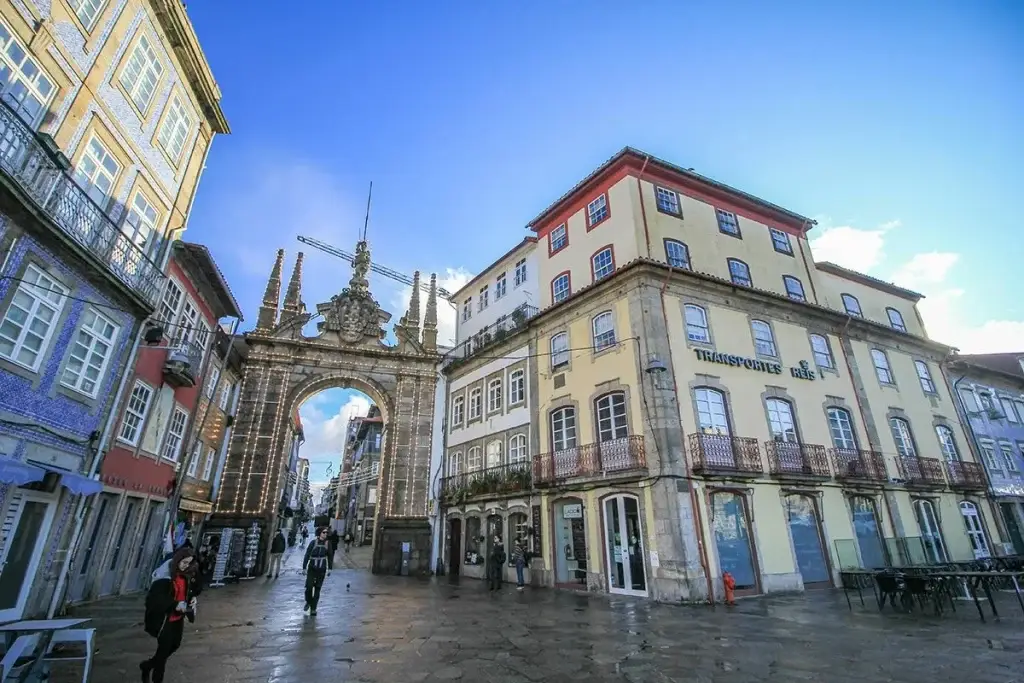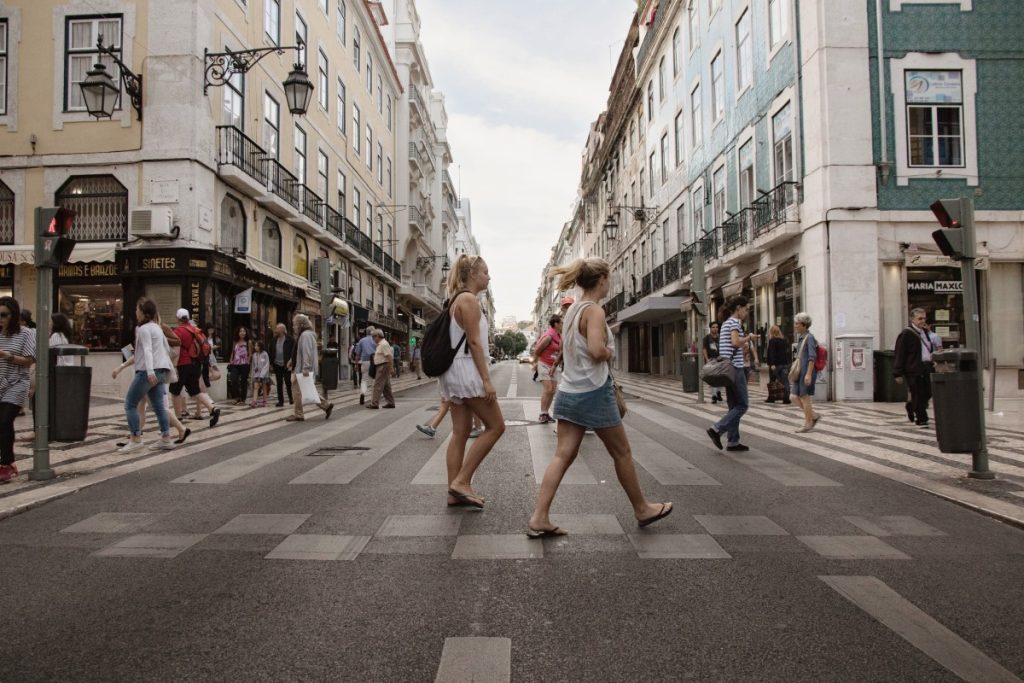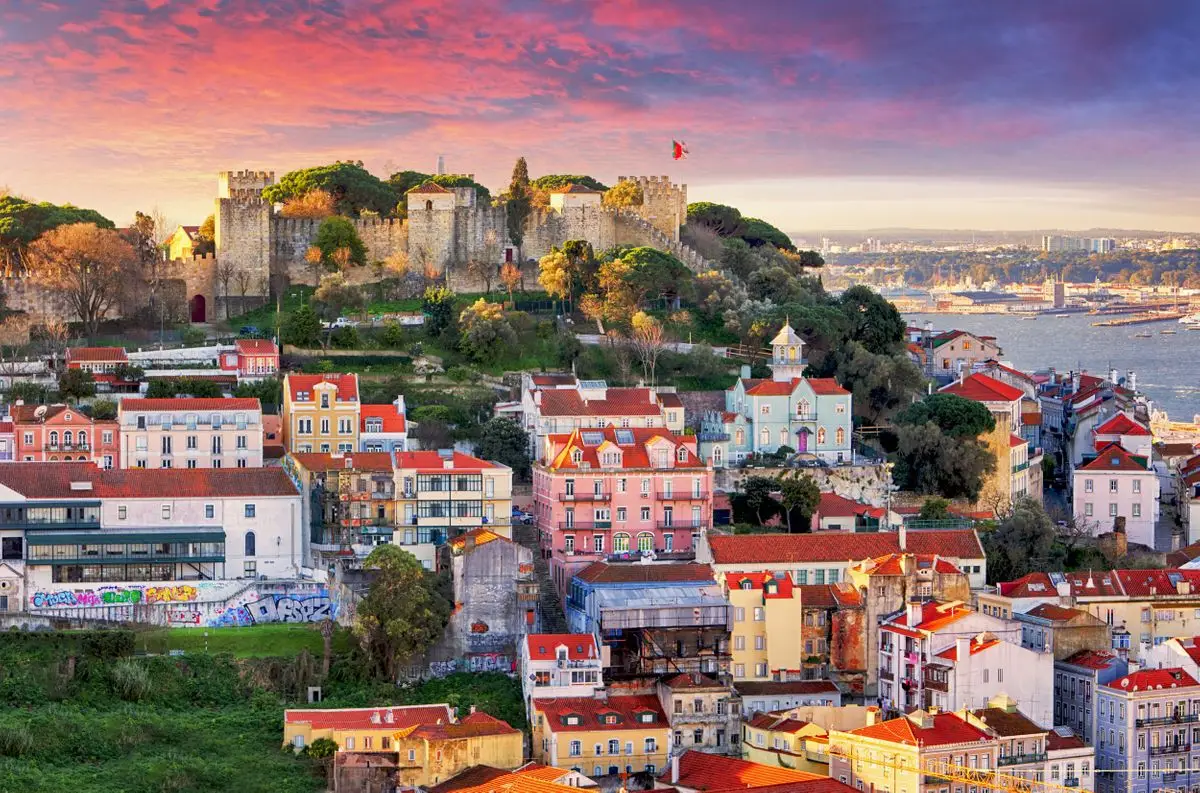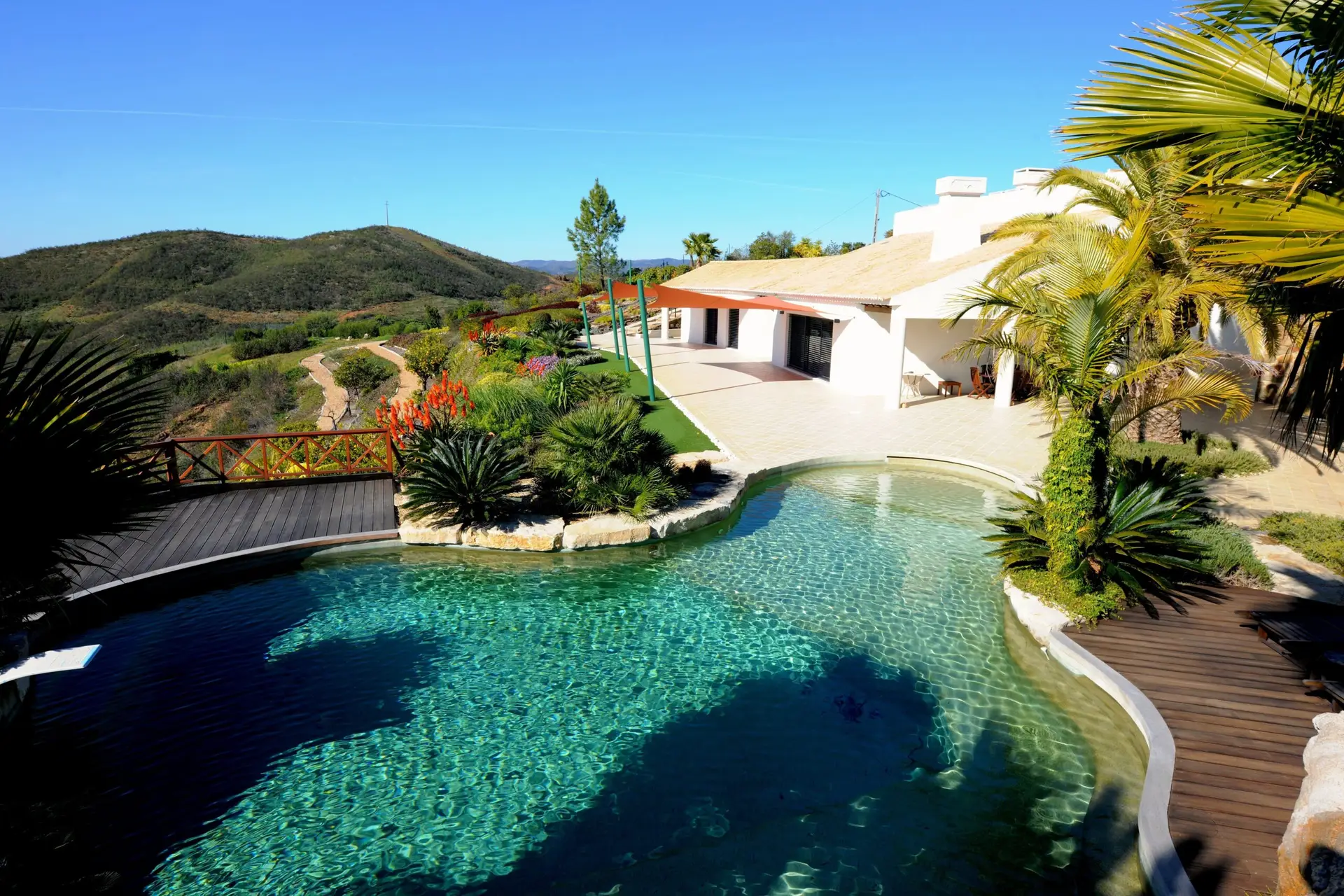Golden beaches, year-round sunshine and a leisurely pace of life – sounds like a dream? The pros of living in Portugal seem obvious, but the country has challenges as well as benefits. For those considering a move, it’s important to know the ins and outs, from the cost of living to the Portuguese ‘saudade’.

Why move to Portugal
Many people consider moving to Portugal because of its rich culture, climate and gastronomic traditions: what makes the perks of living in the country so attractive to foreigners? Affordable living, a warm climate and friendly locals create excellent conditions for emigration.
Portuguese culture and mentality
The pros of living in Portugal for Russians are travelling to a world where every day is filled with a sense of “saudade”. This unique concept combines a light sadness and a deep love of life. The Portuguese live unhurried lives and appreciate the simple pleasures of family dinners, walks by the ocean and cafés.
The locals are some of the most hospitable people in Europe. They are open to communication and treat foreigners with respect. They will always help you get your bearings, explain the way and invite you for a cup of coffee. In Portugal, holidays are not just days on the calendar, but a real event. For example, the St Anthony’s Festival in Lisbon turns the city into a colourful carnival with grilled sardines and music until dawn.
Climate and nature of Portugal
300 days of sunshine a year and ocean breezes create a unique climate. The perks of living in Portugal include warm summers and mild winters. The mountains and vineyards to the north and the beaches of the Algarve to the south. This natural palette allows everyone to choose their perfect place to live.
The north of Portugal welcomes rainy winters and cool summers. Here are the cities of Porto and Braga, surrounded by the green hills and vineyards of the Douro Valley. Nature lovers will appreciate hiking trails in the Peneda Gerês National Park.
Central Portugal offers a mild climate with warm summers and moderate winters. In cities such as Coimbra and Aveiro, temperatures reach +30°C in summer and rarely fall below +10°C in winter.
The south of the country is famous for the beaches of the Algarve, where summers are hot and dry. Temperatures in July and August often exceed +35°C. The region’s calling card is its rocky bays, sandy beaches and cosy fishing villages.
The pros of living in Portugal
 Government support, affordable healthcare and low cost of living make the country attractive to emigrants.
Government support, affordable healthcare and low cost of living make the country attractive to emigrants.
Social benefits and affordable healthcare
The SNS (Serviço Nacional de Saúde) public health system provides quality services for all residents. Most health services in public hospitals are free or require a token fee. For example, an appointment with a general practitioner costs about 5 € and a consultation with a specialist costs up to 20 €. A residence permit is required to receive medical care, which allows you to use all the benefits of the SNS system.
Private clinics offer faster service and a high level of comfort. For example, a consultation in a private clinic will cost 70-100 €. Medicine is of European standards and Portuguese doctors are renowned for their competence.
The advantages of living in Portugal for families are obvious: affordable medicine, free education and a safe environment for children.
Housing and property in Portugal for families and retirees
The pros of living in Portugal include being able to buy a home at relatively affordable prices compared to other European countries. The average cost of a flat in Lisbon is 3,000 € per square metre, in Porto it is around 2,500 €, and in smaller towns and rural areas you can find options from 1,000 € per square metre.
Buying a home for a family
Portugal offers excellent conditions for families. Property in Portugal is an opportunity to choose a house or a flat in quiet suburbs with developed infrastructure and green areas. Cities such as Cascais, Setubal and Coimbra are ideal for living with children thanks to quality schools, parks and sports grounds.
Features of family housing:
- Houses with gardens and swimming pools on the coast.
- Flats in modern residential complexes with car parks and playgrounds.
- Developed infrastructure: schools, shops, hospitals in walking distance.
Real estate for pensioners
Real estate in Portugal for retirees – cosy flats and villas in regions with mild climate. The southern region of the Algarve is famous for its comfortable residences for seniors, which offer medical services, social programmes and the opportunity to enjoy nature all year round.
Popular regions for retirees:
- The Algarve has a warm climate, sandy beaches and a relaxed atmosphere.
- Lisbon and its surroundings – convenient transport and a high level of medical care.
- Madeira is an island paradise for those seeking seclusion and stunning views.
The pros of living in Portugal for retirees include low taxes on pensions and the ability to receive medical care to European standards.
Cost of living: how to plan a budget
The pros of living in Portugal are closely linked to the affordability of living. Starna remains one of the most inexpensive countries in Western Europe. The average monthly budget for a family of four is around 2000-2500 € and for a single person 1000 €. The main living expenses are:
Housing:
- Rent a flat in Lisbon from 800 € per month.
- Rent a flat in Porto from 600 €.
- In smaller towns, from 400 €.
Transport:
- Public transport pass – 40 € per month.
- A litre of petrol is €1.80.
Products:
- Bread— 1 €.
- Milk — 0.90 €.
- A kilo of meat — 8-10 €.
Peculiarities of life in Portugal for different categories
Portugal for life attracts young people because of its vibrant cities, affordable education and rich cultural life. Lisbon and Porto are considered technological centres where start-ups and creative industries are actively developing.
Opportunities for young people:
- High quality education at the Universities of Lisbon and Coimbra.
- Co-working centres and startup incubators for those who dream of their own business.
- Nightlife: clubs, bars and festivals are open until morning.
For families: education and security
The pros of living in Portugal for Russian families are safe cities, quality education and affordable medicine. Children can study in Portuguese schools or international educational institutions.

Conclusion
 The pros of living in Portugal create a picture of comfortable, affordable and fulfilling everyday life. The country is suitable for different categories of emigrants: from young professionals to retirees. With careful preparation, moving to Portugal can be the beginning of a new, amazing chapter of life under the southern sun.
The pros of living in Portugal create a picture of comfortable, affordable and fulfilling everyday life. The country is suitable for different categories of emigrants: from young professionals to retirees. With careful preparation, moving to Portugal can be the beginning of a new, amazing chapter of life under the southern sun.
 en
en  ru
ru  de
de  ar
ar  es
es  nl
nl  hi
hi  fr
fr  it
it  pt
pt  el
el 










